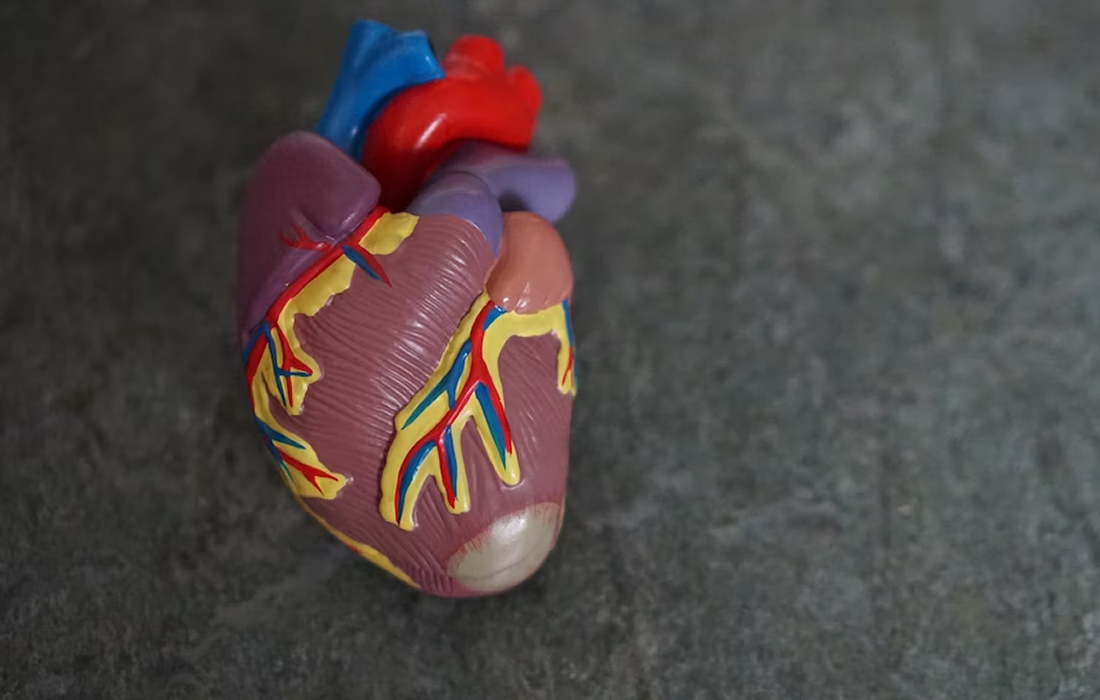Two years of heavy exposure to TCE, a liquid chemical that lingers in the air, water and soil, may increase the risk of Parkinson’s disease by 70%. Previous research has linked TCE, or trichloroethylene, to certain cancers, but a new study publishing in JAMA Neurology on May 15, 2023, is believed to be the first […]
Author Archives: Karely Vega, MD
It often was thought that the speed of information transmitted among regions of the brain stabilized during early adolescence. A study in Nature Neuroscience by Mayo Clinic researchers and colleagues from the Netherlands found transmission speeds continue to increase into early adulthood. Because problems such as anxiety, depression and bipolar disorders can emerge in late […]
According to the Heart Failure Society of America, heart failure affects more than 6 million people in the United States over the age of 20. It also accounts for more than 8% of all heart disease deaths in the country. Studies have shown that certain parts of the body called peripheral chemoreceptors, which typically regulate […]
Artificial intelligence could be a useful tool in mental health treatment, according to the results of a new pilot study led by University of Illinois Chicago researchers. The study, which was the first to test an AI voice-based virtual coach for behavioral therapy, found changes in patients’ brain activity along with improved depression and anxiety […]
Could changing your diet play a role in slowing or even preventing the development of dementia? We’re one step closer to finding out, thanks to a new UNLV study that bolsters the long-suspected link between gut health and Alzheimer’s disease. The analysis — led by a team of researchers with the Nevada Institute of Personalized […]
Depression and pain conditions share several neural pathways. Estimates suggest that 35–45% of people with chronic pain experience depression. Earlier this year, a meta-analysis of 26 studies found that antidepressants were effective in relieving pain in around 25% of cases. However, for the remaining 75% of cases, antidepressants were either inefficacious or data was inconclusive. […]
For the first time, researchers described the structure of a special type of amyloid beta plaque protein associated with Alzheimer’s disease (AD) progression. Published May 10 in the journal Neuron, this research also provided evidence that a newly approved AD treatment could neutralize these small, diffusible aggregates. In January, the U.S. Food and Drug Administration […]
Researchers from Aston University and the University of York have discovered new insights into how the human brain makes perceptual judgements of the external world. The study, published on 8 May in the journal PLOS ONE, explored the computational mechanisms used by the human brain to perceive the size of objects in the world around […]
McMaster University researchers Dena Zeraatkar and Tyler Pitre have found that the drug solriamfetol is the most effective treatment for excessive daytime sleepiness (EDS) for people with obstructive sleep apnea (OSA). The standard treatment for OSA is a positive airway pressure (PAP) mask that uses compressed air to support lung airways during sleep. However, some […]
Neuropathic pain — abnormal hypersensitivity to stimuli — is associated with impaired quality of life and is often poorly managed. In a paper published in the journal Neuron, researchers report that a mechanism involving the enzyme Tiam1 in dorsal horn excitatory neurons of the spinal cord both initiates and maintains neuropathic pain. Moreover, they show […]










